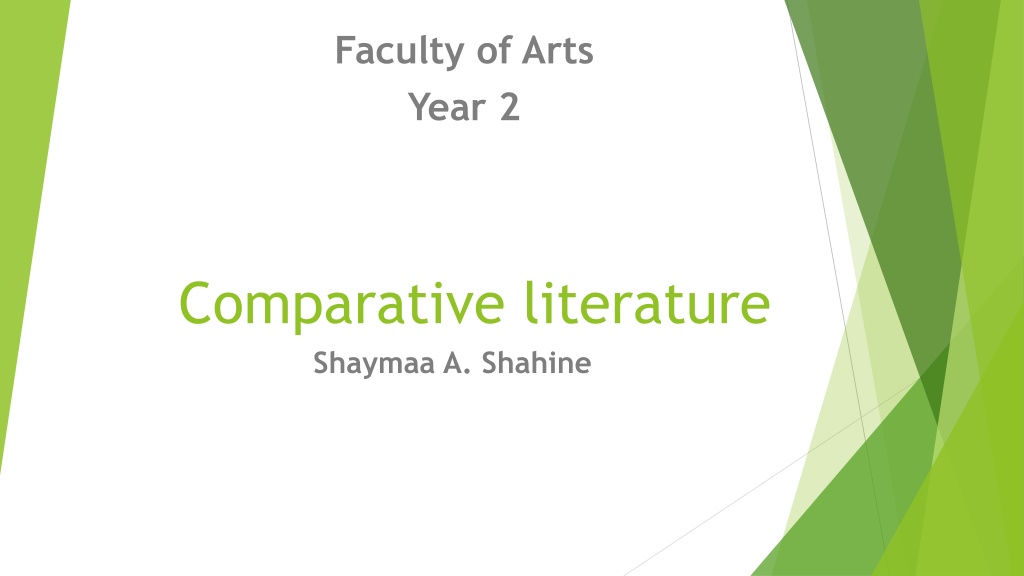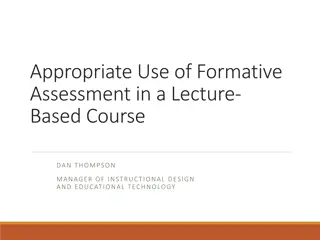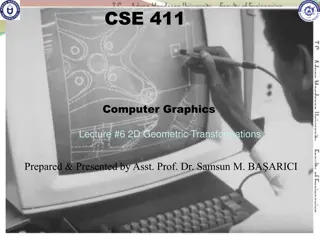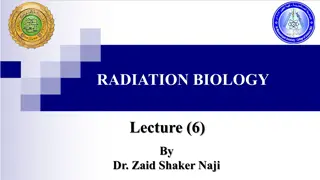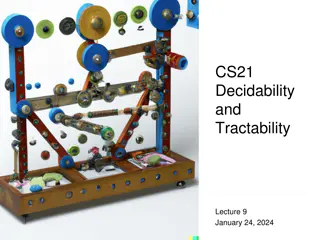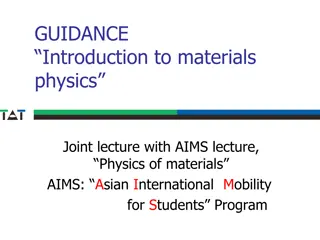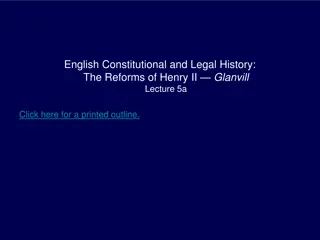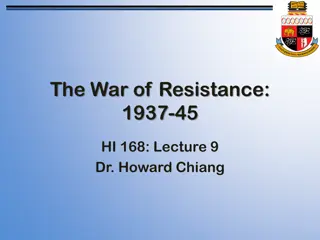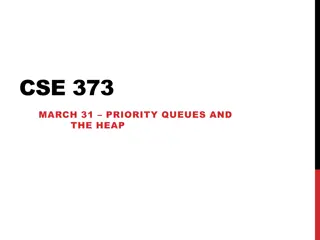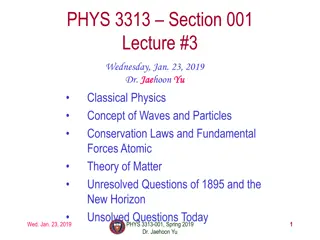Life and Career of Tawfik Al-Hakim
Tawfik Al-Hakim, an Egyptian playwright and novelist, was born in Alexandria to a wealthy family. Known for his controversial views on women, Al-Hakim had a successful career with notable works such as "A Bullet in the Heart" and "The Return of the Spirit." Despite personal tragedies, he left a lasting impact on Egyptian literature and theater.
Download Presentation

Please find below an Image/Link to download the presentation.
The content on the website is provided AS IS for your information and personal use only. It may not be sold, licensed, or shared on other websites without obtaining consent from the author.If you encounter any issues during the download, it is possible that the publisher has removed the file from their server.
You are allowed to download the files provided on this website for personal or commercial use, subject to the condition that they are used lawfully. All files are the property of their respective owners.
The content on the website is provided AS IS for your information and personal use only. It may not be sold, licensed, or shared on other websites without obtaining consent from the author.
E N D
Presentation Transcript
Faculty of Arts Year 2 Comparative literature Shaymaa A. Shahine
Codes of Conduct Phones are not allowed Start 12 to 1.30 p.m. Doors closes 12.10 p.m. What is in it for you? Listening, Reading and Critical thinking Volunteers for Reflection Tree Question Bank
Tawfik Al-Hakim 1898 1987
Life Born in Alexandria, to an Egyptian father Ismail Al-Hakim, a wealthy and illustrious civil officer who worked as a judge in the judiciary in the village of al-Delnegat, in central Beheira province. Turkish mother, the daughter of a retired Turkish officer. He received well formal education at Damanhour primary school, and Beheira Preparatory school. He moved to Cairo to finish his secondary school He moved to Paris, where he graduated in law and began preparing a PhD thesis at the Sorbonne. After three years in Paris, he abandoned his studies and returned to Egypt in 1928, full of ideas for transforming Egyptian theatre.
Life Hakim was known for his anti-women views; enemy of woman As a misogynist, he believed that men are much better than women He was bachelor for an unusually long period of time However, he eventually married and had two children, a son and a daughter. His wife died in 1977; his son died in 1978 in a car accident. He died July 23, 1987.[6]
Career: A Bullet in the Heart, 1926 (Plays) Leaving Paradise, 1926 (Plays) The Diary of a Country Prosecutor, 1933 (Novel) (translation exists at least into Spanish, German and Swedish) The People of the Cave, 1933 (Play) The Return of the Spirit, 1933 (Novel) Shahrazad, 1934 (Play) (Biographical Play) Muhammad the Prophet, 1936 (Biography) A Man without a Soul, 1937 (Play) A Sparrow from the East, 1938 (Novel) (Biographical Play) Ash'ab, 1938 (Novel) The Devil's Era, 1938 (Philosophical Stories) My Donkey told me, 1938 (Philosophical Essays) (Social/ Moral Play)
Career Braxa/The problem of ruling, 1939 (Play) The Dancer of the Temple, 1939 (Short Stories) Pygmalion, 1942 Solomon the Wise, 1943 Boss Kudrez's Building, 1948 King Oedipus, 1949 Soft Hands, 1954 Equilibrium, 1955 Isis, 1955 The Deal, 1956 The Sultan's Dilemma, 1960 The Tree Climber, 1966 The Fate of a Cockroach, 1966 Anxiety Bank, 1967 The Return of Consciousness, 1974
The People of the Cave, 1933 (Play) was Al-Hakims first play to be performed; tells the story of the seven sleeprs that was told in Suraat Al Kahf Shahrazad (Scheherazade, 1934). While the title character is the famous narrator of the One Thousand and One Nights. It tells the story of Shahrazad, Like the ancient goddess, Isis, emerges as the ultimate mystery, the source of life and knowledge. Al hakim was criticized that his plays though are of the finest written after Sahwki, they were not suitable for a theatrical performance. They were not success Al-Hakim used drama of ideas unlike Shaw Not come to real people life Philosophical Personal life
Al-Hakims Drama Drama of idea to be read not acted Moral plays Biographical plays
References The achievements of Tawfiq Al-Hakim". Cambridge University Press. 2000. Goldschmidt, Arthur (2000), "al-Hakim, Tawfiq", Biographical Dictionary of Modern Egypt, Lynne Rienner Publishers Beskova, Katarina (2016). "In the Enchanted Castle with Shahrazad: Taha Husayn and Tawfiq al- Hakim between Friendship and Rivalry". Arabic and Islamic Studies in Honour of J n Pauliny. Comenius University in Bratislava: 33 47. Retrieved 25 November 2017. "Plays, Prefaces and Postscripts. Vol. I: Theatre of the Mind". www.unesco.org.
